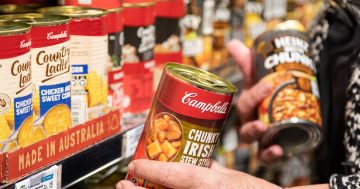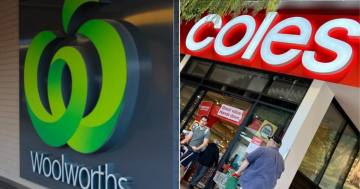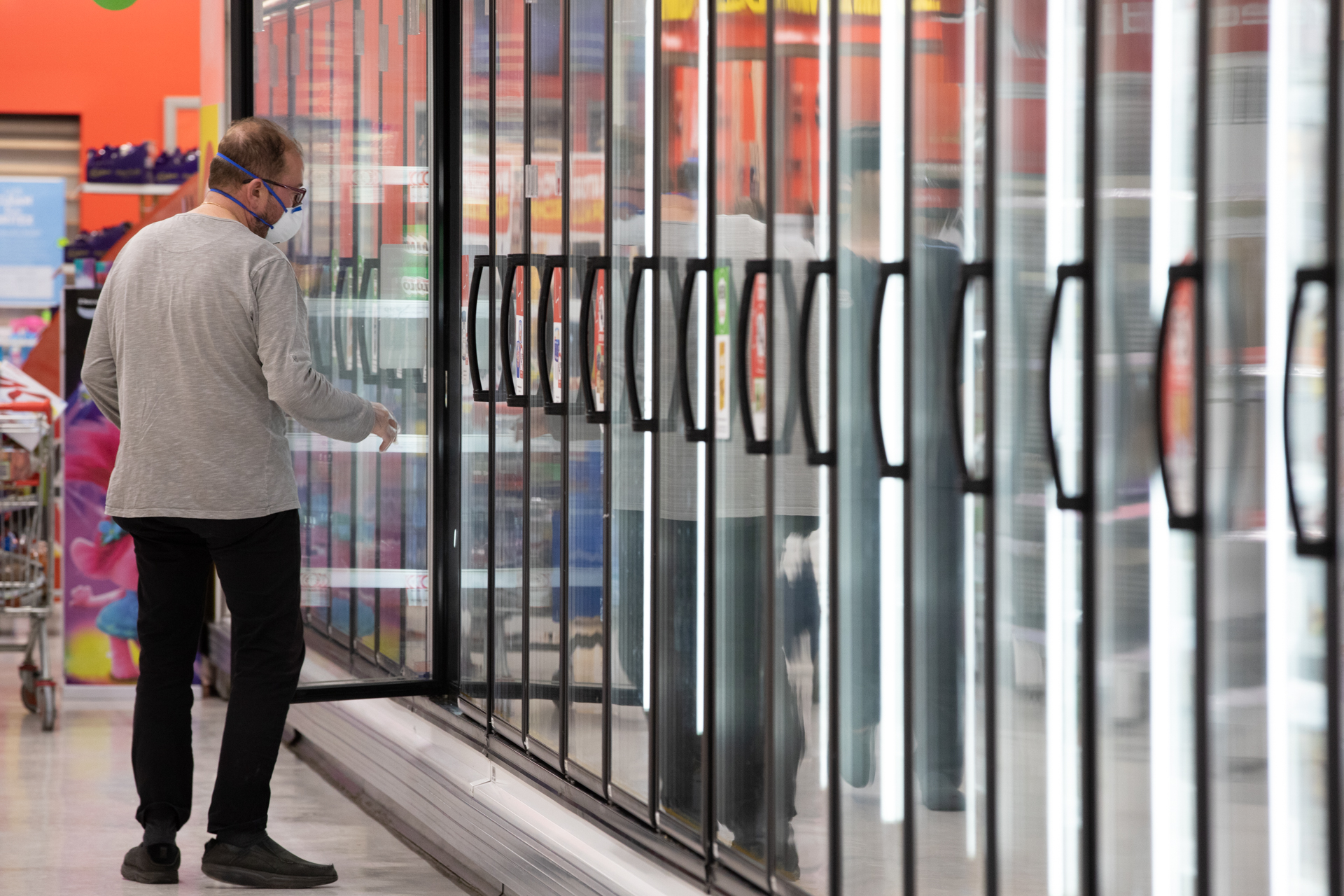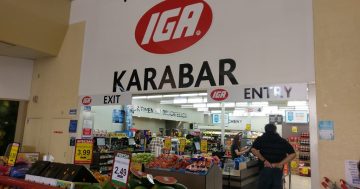
How “special” are our supermarket prices? Photo: Michelle Kroll.
Ever got to the checkout of an online purchase and a whole gamut of additional fees seem to have reared their ugly heads?
There’s a name for this, and it’s among a slew of dirty – but technically legal – tactics employed by businesses in Australia to get the most money out of you.
In August last year, the former head of the Australian Competition and Consumer Commission (ACCC) Allan Fels launched an ‘Inquiry into price gouging and unfair business practices’, with input from a variety of academics, think tanks, unions and businesses in Canberra, Sydney, Melbourne, Adelaide and Cairns.
The final report, handed to the Federal Government last week, found supermarkets, banks, energy providers and airlines among the businesses contributing to inflation.
Among the examples given were “loyalty taxes, drip pricing, excuse inflation, rockets and feathers strategies, and confusion pricing”.
Dr Bruce Arnold is a professor of law at the University of Canberra (UC) with a research background in consumer protection, among other areas. He says all of these are names for common price gouging strategies that – while “unethical” – are still technically legal because there’s always the option to not pay for the good or service if you don’t like the price.
First up, what’s ‘loyalty tax’?
“This is what people in the US cruelly refer to as a ‘sucker price’,” Bruce explains.
“You sign up for continuing service at what looks like a nice, low price, but over the years this price goes up, despite the fact the cost of the service often goes down. People go along with it because it’s often a nightmare extracting yourself from the service and finding another provider, so you might grizzle when you check your account each fortnight or month but, unless it goes up dramatically, you stick with it.”
An example of this would be loyalty programs like Flybuys or Frequent Flyer “where you have to fly to the moon and back before you can basically cash in on it, but it sounds really juicy”.
The strategy is built on the psychology that people largely respect loyalty, and presume companies will too. They often don’t.
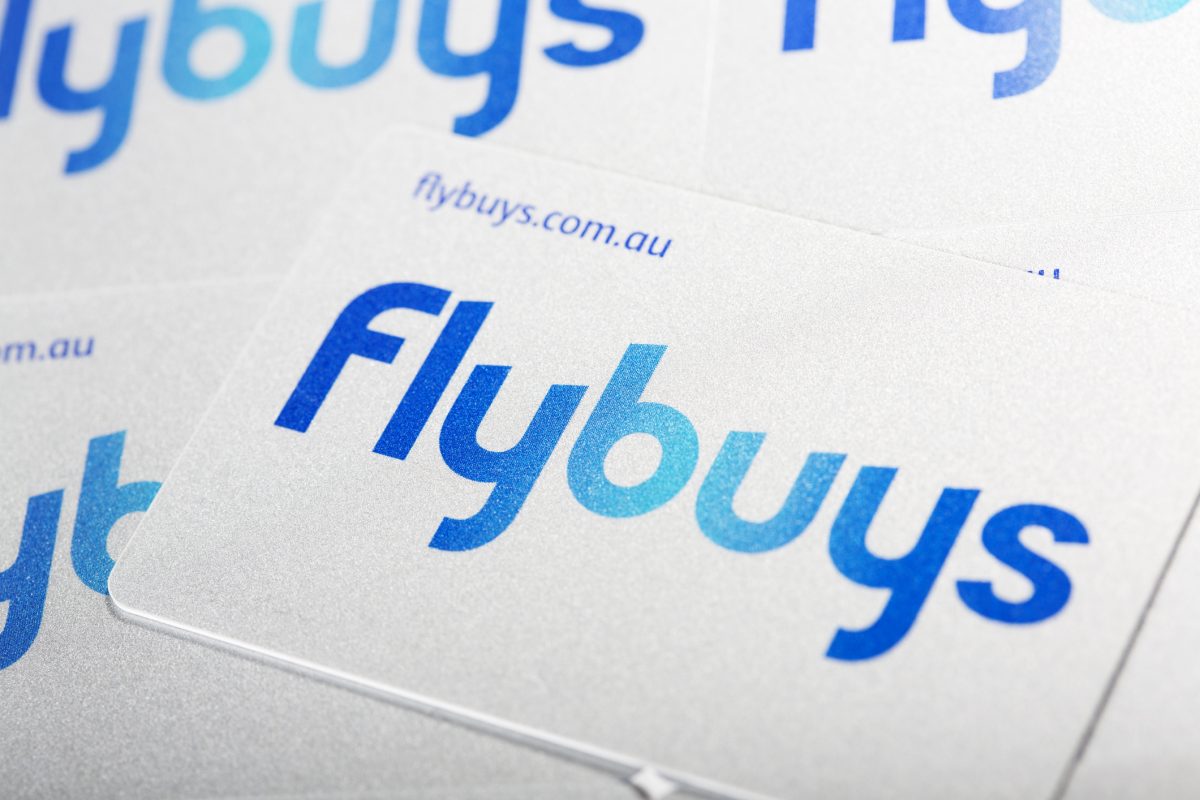
Coles’ Flybuys loyalty program is an example of loyalty tax, according to UC’s Dr Bruce Arnold. Photo: File.
What about ‘drip pricing’?
“This is one of my favourites,” Bruce says.
“You see this with a whole range of services. You’re booking a flight or accommodation online, and the price looks great. But when you get to the checkout and you’re just about to pay, you find there’s an extra 10 or 15 per cent added in various charges.”
Bruce says the companies will try to justify it with excuses like “the poor airline has to pay a fortune to the airport” or “the cost of delivery has increased” but more often than not, it’s barefaced gouging.
“And there’s huge research on this – people will generally go through with it. It’ll bug you, and you won’t be happy about it, but you’ll do it. And the company has made an easy buck.”
Sigh. The list continues. ‘Excuse-flation’?
“This is the business saying, ‘Oh, we have to put our prices up because of inflation – our costs have gone through the roof’, even though they haven’t really,” Bruce says.
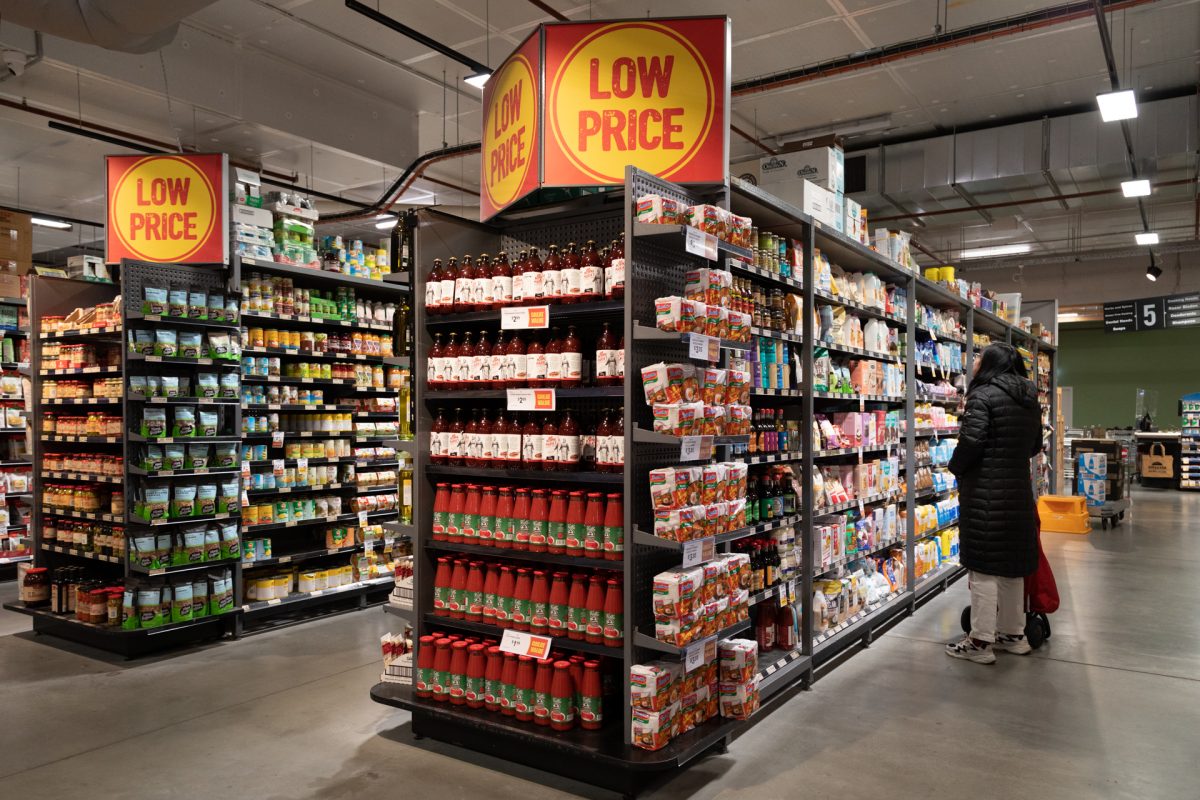
Low price? Not necessarily. Photo: Michelle Kroll.
This brings us to ‘rockets and feathers’.
“This is marvellous jargon. Basically when costs go up, they go up like a ‘rocket’, but it’s rocket that goes into outer space and stays there. So when they do come down, it’s not like a rocket – they come down like a feather.”
Bruce says a big example of this at the moment is meat, prices of which went up during the drought. Despite the fact farmers are now no longer struggling with supply and are getting paid less in the saleyard, prices haven’t come down.
“The costs have come down, but supermarkets are still charging you like a wounded bull.”
Last but not least, ‘confusion pricing’?
“This is where the company just makes the paperwork as confusing as possible by giving the customer tonnes of options,” Bruce says.
“This is not the Maccas model, where you have a standard McChicken or Big Mac. For some of the deals, you have to bring a mate along to work out what the best deal is, and some of them are quite volatile – ‘buy it now’ before the rules change.”
How are these legal?
“As far as law is concerned, there’s no deliberate deception, so we’re not talking outright fraud,” Bruce says.
“Instead, the businesses are relying on … well, just being cute. They know they can get away with it … You think, ‘Well, I’m ethical – I hope you’re as ethical as I am’. But the reality is, businesses – just like governments – often aren’t.”
There’s no real way of knowing whether a business’s claims are legitimate either, unless they get caught out by government or the media.
“You just have to take the company’s word for it, or read a news article where farmers are being interviewed about the true cost of production. The response is always, ‘yes but … well … you know … the media don’t quite understand’ or ‘we might make a bit of money on the meat, but that means we can charge you less for the chips and drinks and chocolates or whatever’. It’s not an area most people have data on.”
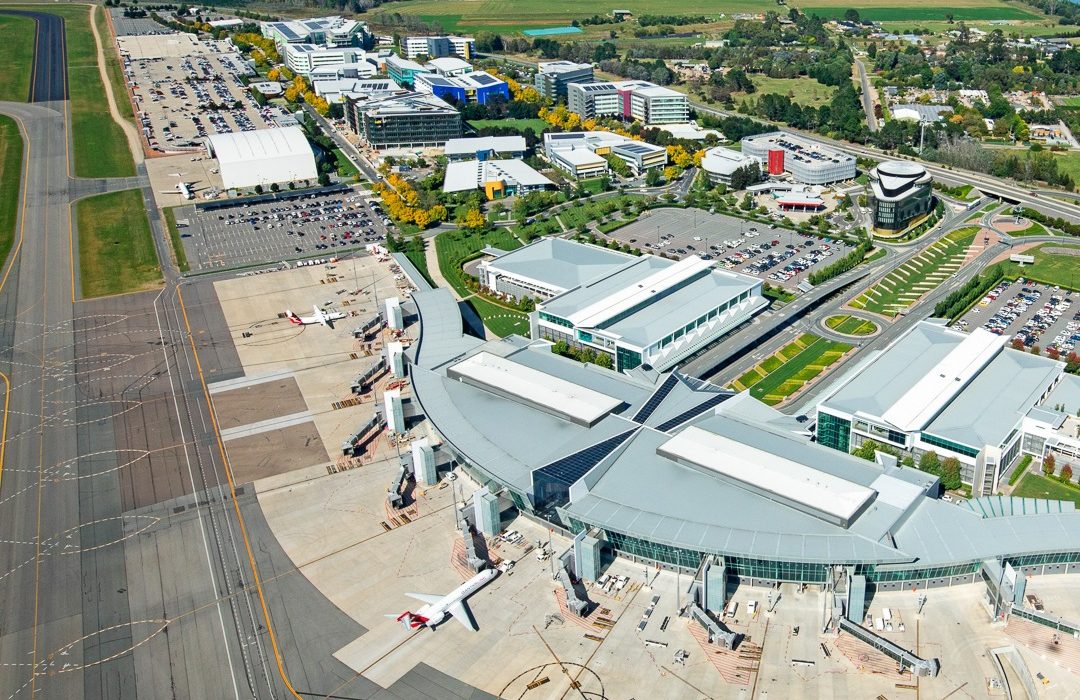
From last year, the ACCC has been directed by the Federal Government to “monitor prices, costs and profits relating to the supply of domestic air passenger transport services for three years and to report on its monitoring at least once every quarter”. Photo: Canberra Airport, Facebook.
The ACCC has had some luck in the past with smaller retailers, but Bruce believes the ultimate answer lies in more competition. But unlike “dry economists” like Allan Fells, Bruce’s theory relies on the government to basically create the competitors.
“Some people will howl about this, but what we might do is licence one of the overseas airlines to operate in Australia as a domestic carrier, or with phone companies – to get away from the oligopoly of Optus and Telstra – we could turn NBN into a true competitor.
“There’s a lot of criticism of this, and I can see where people are coming from. But some of the solutions on the far left or the far right are just not going to happen.”












